|

As I reflect on the entire year, I am struck by the growing momentum and collaboration that have characterized our work. From the launch of new studies to key partnerships, BMI’s approach to expanding the circle of hope for those affected by mental and brain health challenges has been truly exciting and motivating. Our research initiatives are not only starting to provide valuable insights but are also opening doors for new collaborations that promise to make a significant impact on improving brain health in the Global South.
A notable highlight was the interview with Princess Zahra Aga Khan where she shared her reflections of the challenges of mental ill-health our communities are facing, and the need to pool our resources to deal with the mental health crises. In this context, she highlighted the role of our Brain and Mind Institute, amongst other units, as important resources in helping deal with the mental health challenges.Read more.

Cyprian Mostert, Assistant Professor and Lead, Mental Health Economist at the Brain and Mind Institute, is changing how mental health is considered in economic policy. With a background in medicine, finance, and policy, Mostert is dedicated to connecting research with policy to make mental well-being a public health priority. In this Q&A, he shares his journey, the challenges of mental health advocacy, and his vision for policies that make a real difference.
Q: Tell us about your background and what led you to mental health economics
A: My path has been anything but straightforward. I began in medical science, initially drawn to dermatology. But I realized I wanted a broader impact, which took me into financial engineering and consulting with companies like Roche Diagnostics and McKinsey. During the European financial crisis, I saw firsthand how economic policy can shape—and sometimes overlook—critical health issues. Mental health was largely left out of these discussions, despite its wide-reaching impacts. That gap drew me to mental health economics, where I could combine my insights from medicine, finance, and policy. Read more.
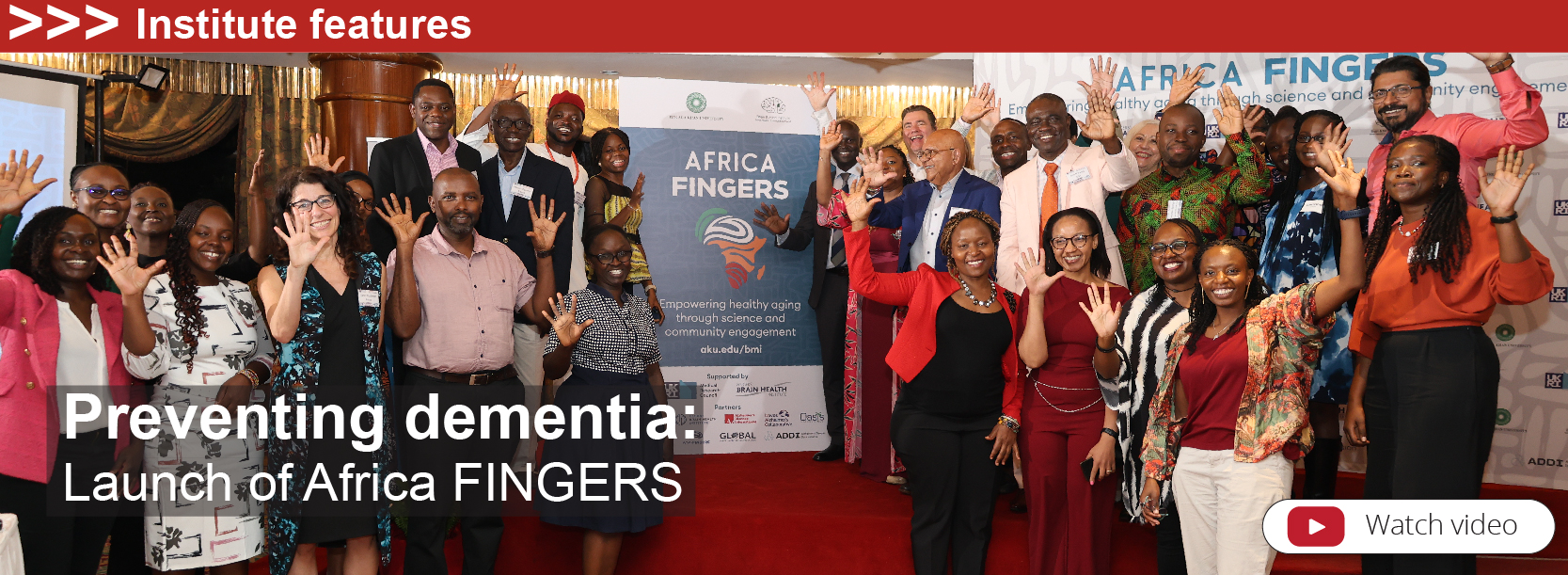
BMI has officially launched the Africa-FINGERS project, a major initiative aimed at addressing the growing risk of dementia in Africa. The project, funded by the UK’s Medical Research Council (MRC) and supported by the FINGERS Brain Health Institute, seeks to develop strategies that are tailored to the cultural and social contexts of African communities. Read more.
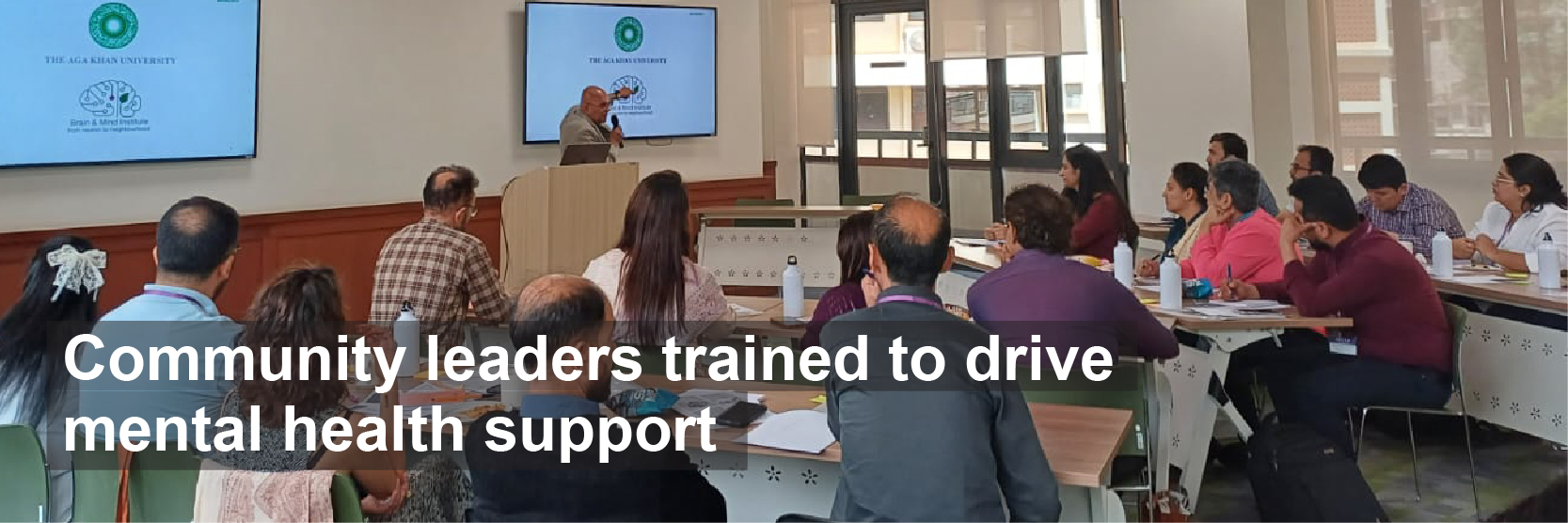
In a bid to address the mental health crisis at the grassroots level, over 50 community leaders including spiritual leaders from 10 countries across East Africa and South Asia came together for a unique, intensive Training-of-Trainers on mental health first response, held from November 1 to 6, 2024 at the Aga Khan University.
The training in collaboration with the Global Mental Health Resource Group, aimed to equip these leaders with essential skills to identify and support individuals in distress, marking a significant step toward normalizing mental health discussions in underserved communities. Read more.
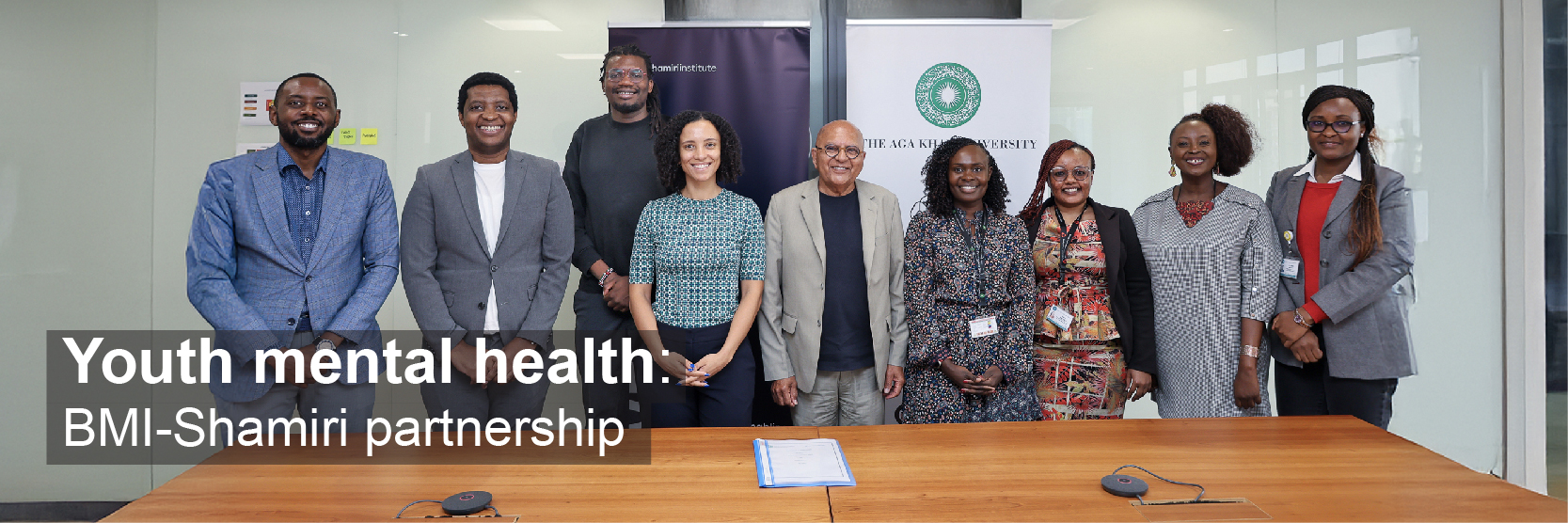
BMI and the Shamiri Institute have entered into a partnership aimed at addressing mental health challenges faced by young people in Kenya. The signing of a Memorandum of Understanding (MoU) marked the beginning of a collaboration focused on research, capacity building, and creating community-driven solutions to improve mental well-being.
Prof. Zul Merali, Founding Director of BMI, described the collaboration as a chance to blend science with community impact. “By combining our expertise with Shamiri Institute’s innovative approaches, we aim to create transformative solutions that address the unique mental health challenges faced by adolescents,” he said. “Together, we can drive meaningful change, equipping communities with the tools and knowledge to support mental well-being.” Read more.
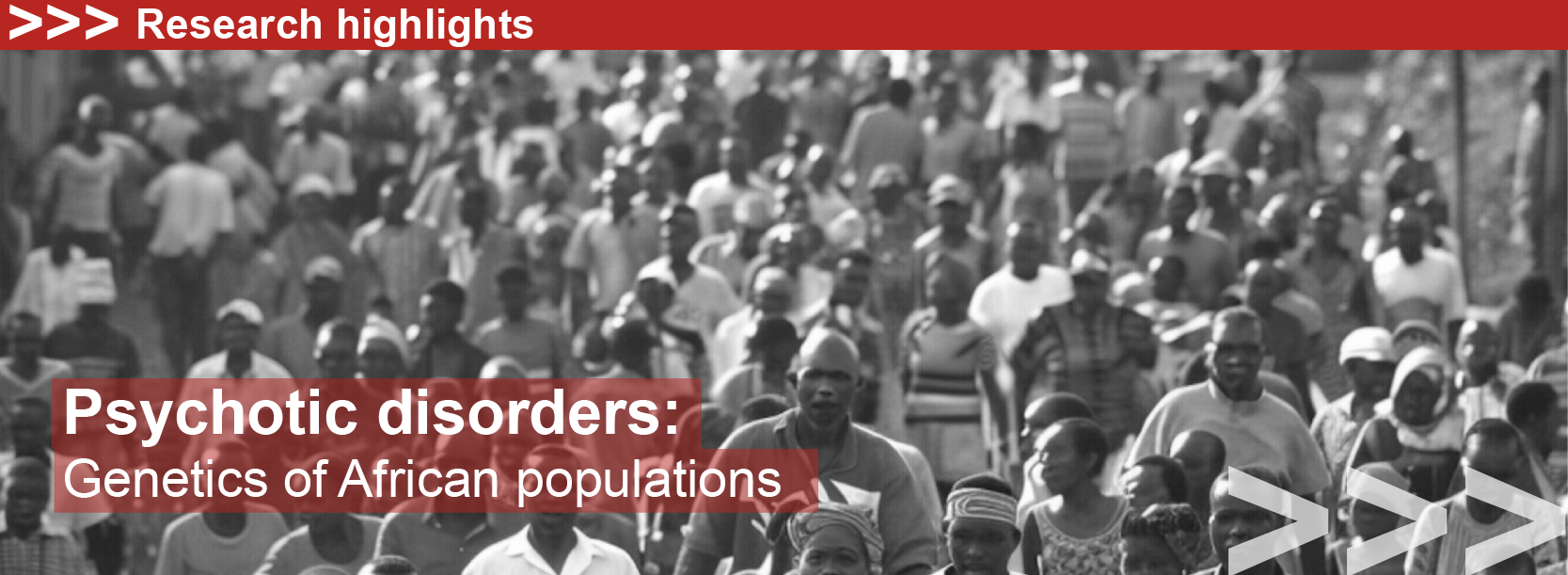
Psychotic disorders, including schizophrenia, affect over 21 million people worldwide. These disorders not only contribute to significant disability but also increase the risk of early death and other health conditionslike heart disease and diabetes. A large portion of those living with psychotic disorders are in low- and middle-income countries, where mental health research has often been lacking.
The Neuropsychiatric Genetics of African Populations (NeuroGAP-Psychosis) seeks to address this gap.The goal is to provide critical insights into the genetic, societal, and environmental factors related to psychosis that could benefit other African countries.
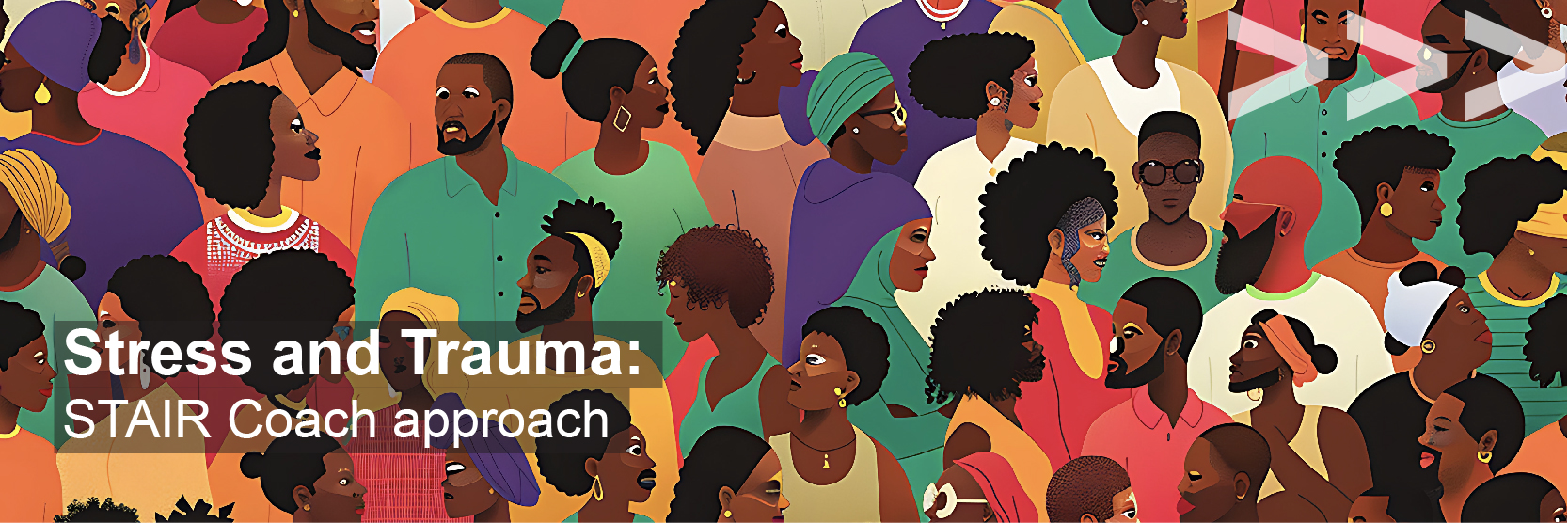
Trauma affects millions of people worldwide, and in Kenya, nearly two-thirds of the population has experienced at least one traumatic event. This can lead to mental health challenges like post-traumatic stress disorder (PTSD), which affects up to 16% of Kenyans each year. However, access to mental health care remains limited, especially in low- and middle-income countries like Kenya.
To help address this, researchers at BMI are testing STAIR Coach, a mobile app designed to help people manage emotions and improve interpersonal skills. Based on the Skills Training in Affective and Interpersonal Regulation (STAIR) program, STAIR Coach offers a low-cost, easy-to-use intervention for those affected by trauma, helping them cope with PTSD and other trauma-related challenges.
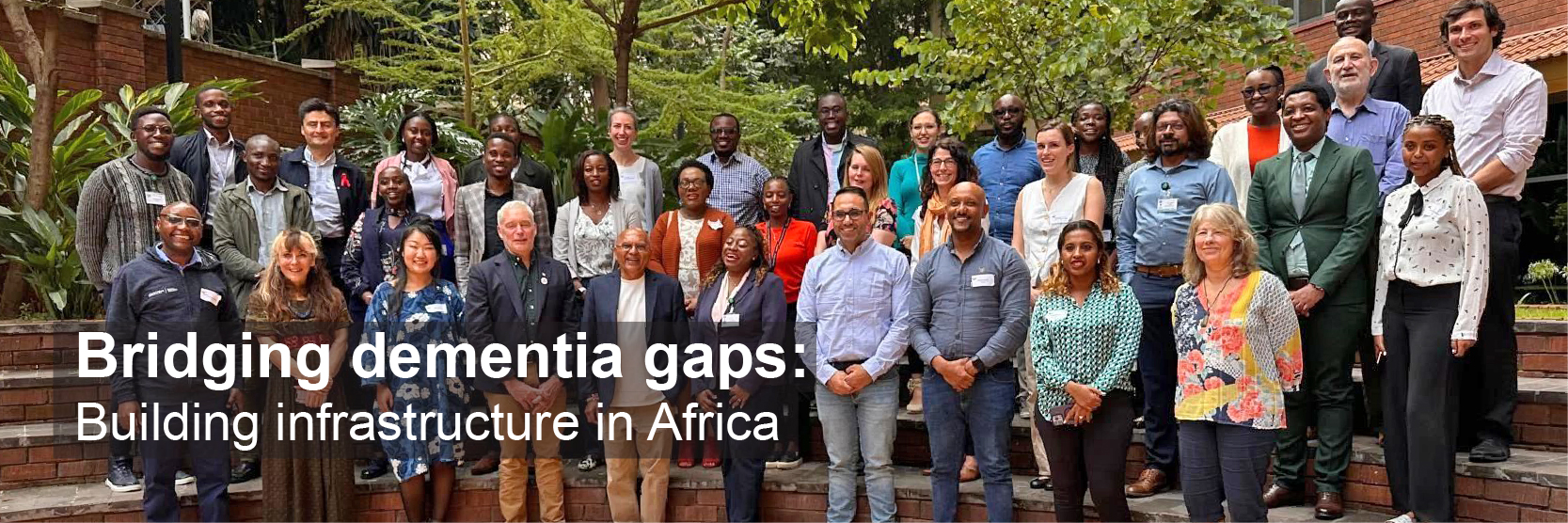
BMI hosted the launch meeting for the BRIDGE Africa project (Bridging Research Infrastructure for Dementia Gaps in East Africa) earlier this December. With a focus on Kenya and Ethiopia, the initiative aims to strengthen local research capacity, improve diagnostic tools, and advance understanding of dementia to enhance care and prevention in the region.
Building on over a decade of cognitive research and training programs for African researchers, BRIDGE Africa emphasizes community engagement, cutting-edge diagnostics, and sustainable solutions. This collaborative effort seeks to empower local researchers and communities, positioning East Africa as a vital player in the global fight against dementia.
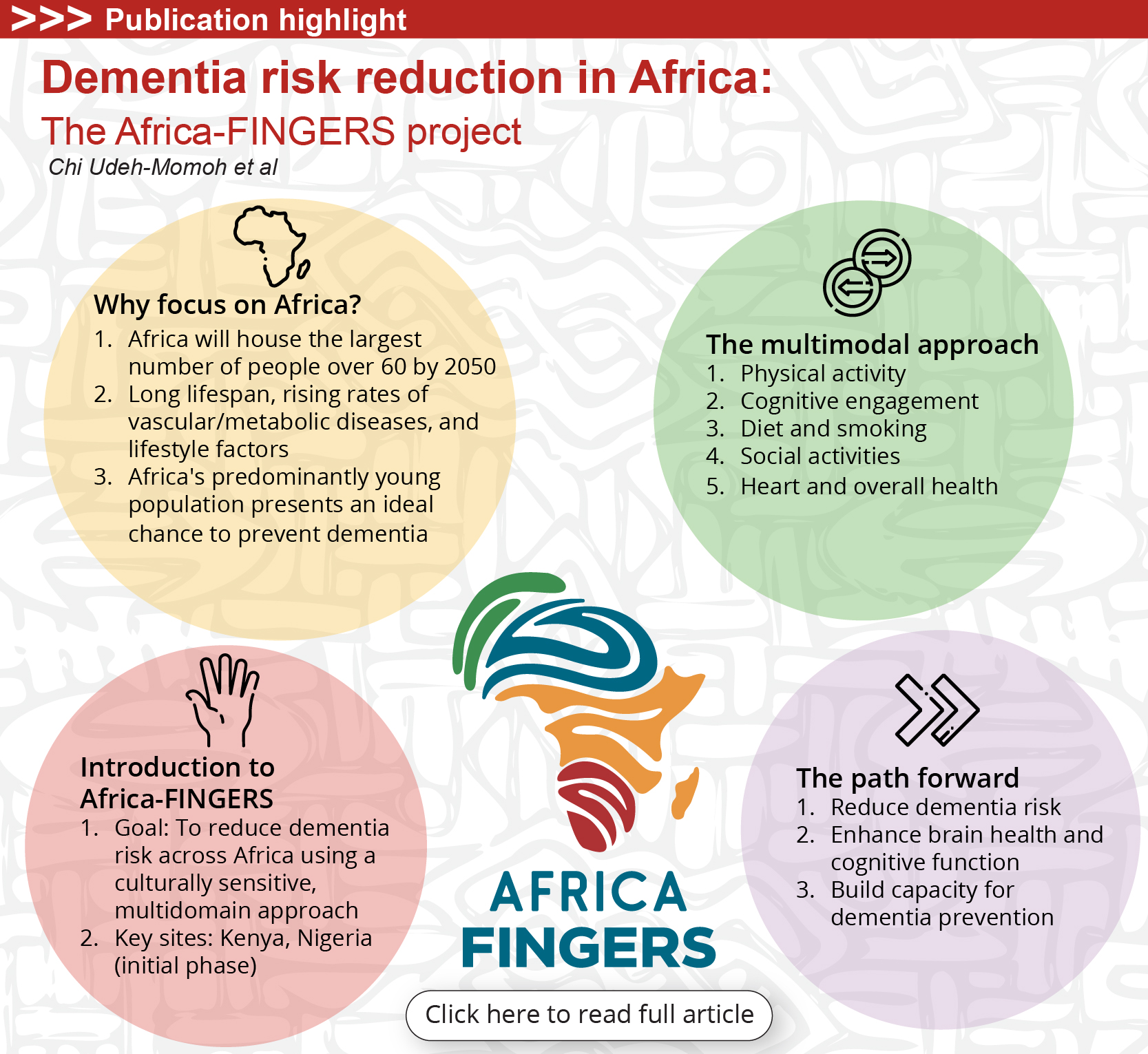

Authors: Aneel Singh Brar, Chi Udeh Momoh, Cyprian Mostert, Edna Bosire, Gloria Chemutai, Jasmit Shah, Karen Blackmon, Linda Khakali, Lukoye Atwoli, Mary Bitta, Moses Nyongesa, Olivera Nesic-Taylor,Rachel Maina, Zul Merali
Journals: Psychological Medicine, Nuclear Medicine, International Neuropsychological Society, Global Mental Health, JAMA network, PLOS Global Public Health, Alzheimer’s & Dementia, Hospital Practice, Nutrition Bulletin, BMJ Global Health, The Lancet Psychiatry

 
|
